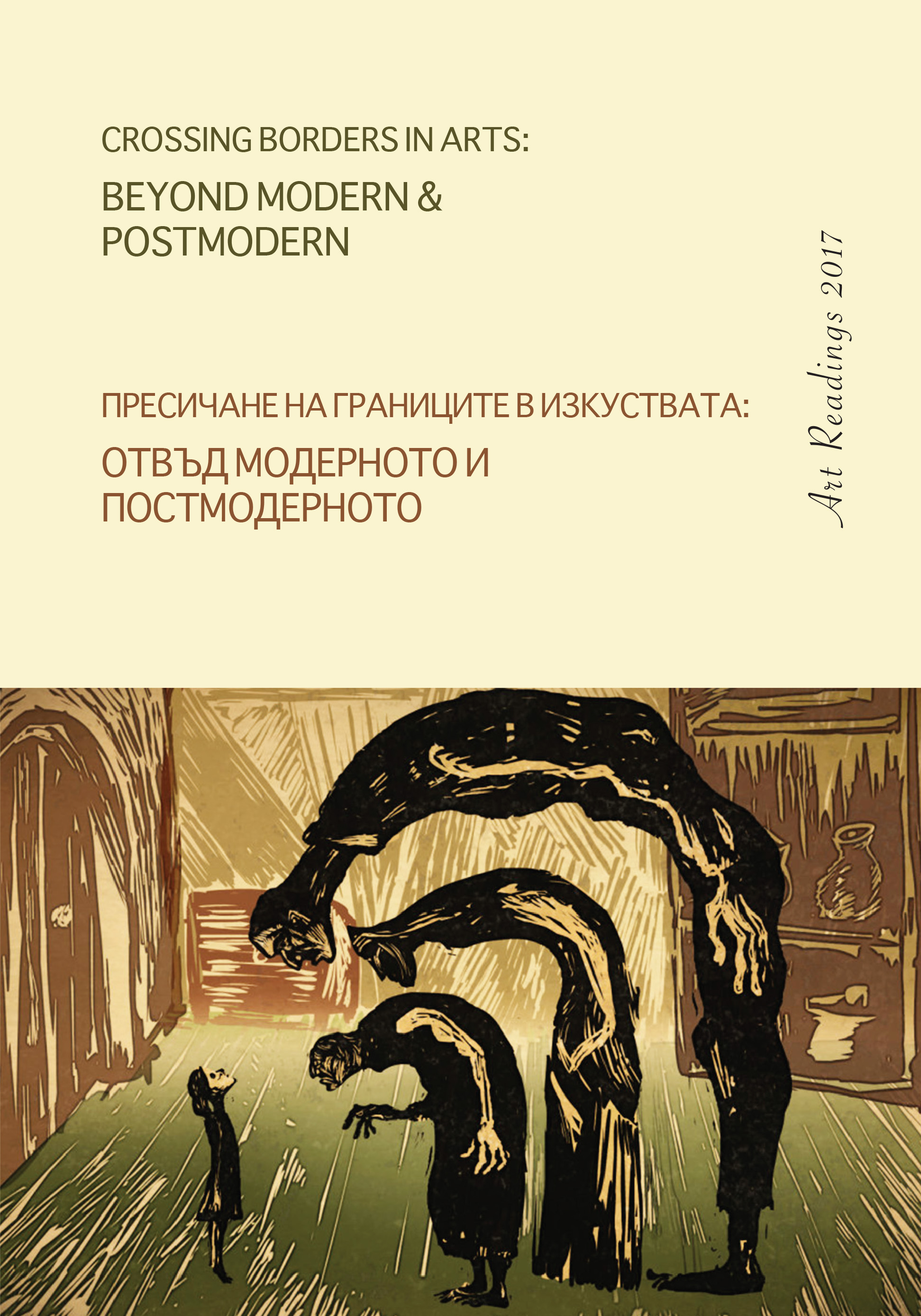The Belgrade Art Informel at the crossroads of modernism and postmodernism
The Belgrade Art Informel at the crossroads of modernism and postmodernism
Author(s): Vesna KruljacSubject(s): History, Fine Arts / Performing Arts, Visual Arts, Recent History (1900 till today)
Published by: Институт за изследване на изкуствата, Българска академия на науките
Summary/Abstract: Articulated in the late 1950s and early 1960s, the Belgrade Art Informel was a boundary phenomenon of Modernism closely related to existentialist ideas, where the mistrust in the socialist order and official system of aesthetic values manifested itself in the radical form of anti-image. It was an anti-aesthetic abstraction based on the researches in materia and technological experiments, the application of non-painting materials and operative procedures producing a paradigmatic destruction of the classical form and harmony of visual elements. Тhese properties determined the position of this phenomenon as a central controversy of Serbian culture at that time. By its discursive practice the Belgrade Art Informel anticipated new, intermedia and hybrid models of artistic expression, as well as strategies of the “militant” activity of art criticism, typical for Neo-Avantgarde and Postmodernism.
Journal: Изкуствоведски четения
- Issue Year: 2017
- Issue No: 2
- Page Range: 23-36
- Page Count: 14
- Language: English, Bulgarian
- Content File-PDF

